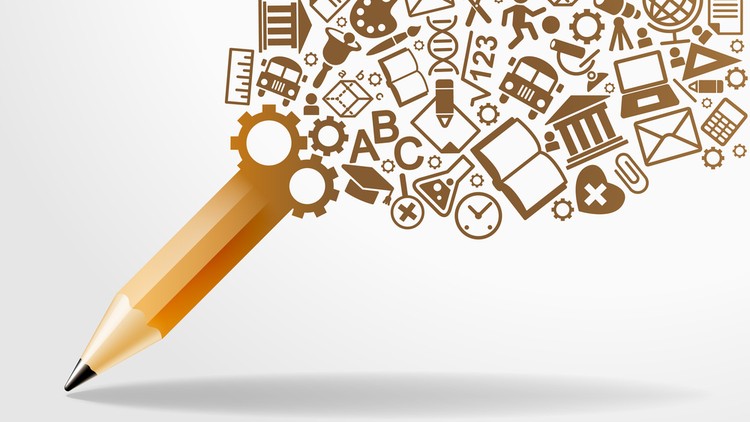Composition II (3,3,1). Intensive study of and practice in the strategies and techniques for developing research-based expository and persuasive texts. Emphasis on effective and ethical rhetorical inquiry, including primary and secondary research methods; critical reading of verbal, visual, and multimedia texts; systematic evaluation, synthesis, and documentation of information sources; and critical thinking about evidence and conclusions. Prerequisite: Satisfactory completion of ENGL 1301.
- Teacher: Tamara Richert
A work-based learning experience that enables the student to apply specialized occupational theory, skills and concepts. A learning plan is developed by the college and the employer.

- Teacher: Michele Madsen
Composition II (3,3,1). Intensive study of and practice in the strategies and techniques for developing research-based expository and persuasive texts. Emphasis on effective and ethical rhetorical inquiry, including primary and secondary research methods; critical reading of verbal, visual, and multimedia texts; systematic evaluation, synthesis, and documentation of information sources; and critical thinking about evidence and conclusions. Prerequisite: Satisfactory completion of ENGL 1301.
- Teacher: Nancy Rinehart
Review of political, economic, and social trends. History of the United States from 1877 to present. Prerequisite: Successfully completed the reading portion of the TSI Test.
- Teacher: Lance Kyles

General Chemistry II (lab) (1,0,3). Basic laboratory experiments supporting theoretical principles presented in CHEM 1312. Pre-/Co-requisite: CHEM 1312
- Teacher: Monica Smith

A study of the: research and theory in the psychology of learning, cognition, and motivation; factors that impact learning, and application of learning strategies. Theoretical models of strategic learning, cognition, and motivation serve as the conceptual basis for the introduction of college-level student academic strategies. Students use assessment instruments (e.g., learning inventories) to help them identify their own strengths and weaknesses as strategic learners. Students are ultimately expected to integrate and apply the learning skills discussed across their own academic programs and become effective and efficient learners. Students developing these skills should be able to continually draw from the theoretical models theyhave learned.
- Teacher: Melanie Allen
- Teacher: Kirby Fowler
The study will concern the physical, mental, and emotional characteristics of the individual from conception throughout the lifespan. Specific topics will include: basic theories and research in developmental psychology; parent-child relationships; identification, peer relations; self-concepts; language learning, perceptual and cognitive development. Course will give special focus to crises which occur as persons live out their lives.
- Teacher: Torie Ceynowa
Microbiology for Non-Science Majors (lab) (1,0,3). This laboratory-based course accompanies BIOL 2320. Pre-/Co-requisite: BIOL 2320
- Teacher: Robert Laird